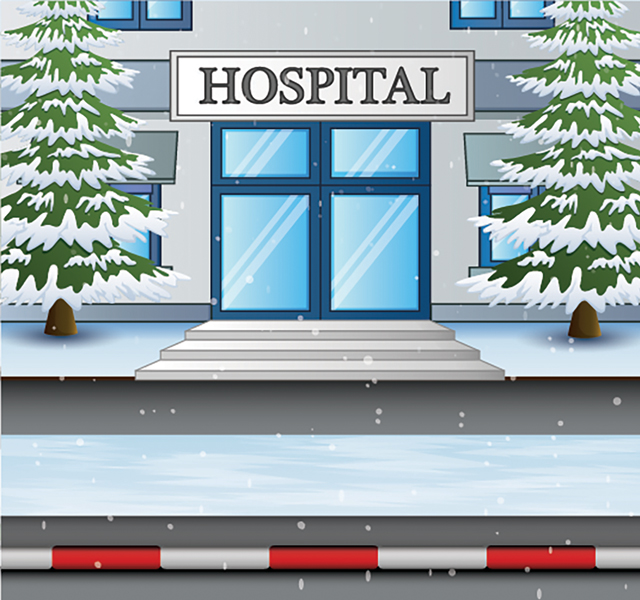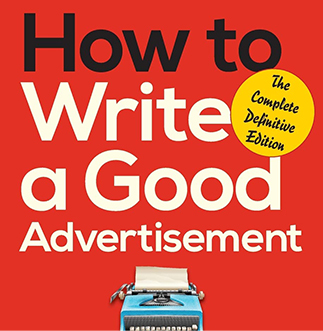The Cardiologist's Wife: How to Handle an Emergency
The Cardiologist's Wife: How to Handle an Emergency
by Lisa Tedder
The holidays can be very stressful for many people. In fact, research shows that the top three days for fatal heart attacks are Dec. 25, Dec. 26 and Jan. 1.
Deaths from car accidents and accidental shootings also rise during the holidays due to increased alcohol use, heavier traffic, more people off work, hunting season and the fact that guns are given as gifts. Should the unthinkable happen to you or your loved ones, would you know what to do in a medical emergency? Every minute is precious when it comes to saving a life and acting quickly could mean the difference between life or death.
People may be slow to act when faced with a medical emergency or accident. The best thing to do is call 911 right away. First responders would rather find out that everyone is okay rather than arrive too late. Here are some signs you should call 911:
• Patient is having a severe headache. This could be a migraine, but it could also be a stroke or other life-threatening condition. With a stroke, the faster you act, the more likely you can save brain function.
• Unexplained, unusual or severe chest pain. This could be bad heartburn, but with a heart attack, any delay in getting help can cost you your life or lead to heart damage.
• Trouble breathing. This can result from several causes such as a blocked airway or a severe allergic reaction, which happens rapidly and sometimes without warning or prior knowledge of the allergy. Shortness of breath could also indicate a heart attack.
• Suspected drug overdose. Signs include being unable to wake the person, they are breathing very slowly or not at all, lips or nails are blue and have pinpoint pupils.
• Person is unconscious or not responding appropriately.
• Seizures.
• Severe stomach pain. Stomach pain can have many causes such as appendicitis or kidney stones.
• Trauma, such as from a car accident or other type of accident.
• Uncontrolled bleeding.
• Severe burns covering a large area.
Many people make the mistake of thinking they can drive themselves or the patient to the hospital faster than the ambulance can get to them. They don’t realize that panic distorts our perception of events, making a wait time seem longer than it is. According to the CDC, EMTs will probably get to you faster since they can cut through traffic with their lights and sirens, whereas you will have to deal with traffic, speed limits and traffic lights.
First responders are ready to begin treatment upon arrival as they bring equipment and drugs and will continue treatment during the drive to the hospital. EMTs will know the closest hospital that can best handle your emergency and communicate with the hospital so the staff is prepared to begin life-saving treatment right away. First responders will do an EKG, and if the patient is having a heart attack, they will call the heart specialists directly, bypassing the emergency room.
When you are upset or in pain, you could have a wreck trying to drive yourself or the patient, further delaying treatment or adding injuries to an already bad situation. It is not possible to drive and perform CPR, nor can another passenger in the limited space inside most vehicles.
Moving an injured person yourself can cause further harm and should only be done if the patient is in immediate danger if not moved to a safer location. Please remember that people die trying to get to the hospital by themselves.
Be prepared to give your name, phone number, the patient’s name, details of the emergency, the location or specific address and where the patient is located, such as in the backyard or inside the house. Stay on the phone with the dispatcher in case more information is needed or they have instructions to give you.
If you or a loved one is given a prescription for opioids or you suspect someone of misusing opioids, Arkansas allows you or the individual to obtain a prescription for naloxone or NARCAN from the pharmacy or your physician. NARCAN is a nasal spray that can be given immediately in case of a known or suspected opioid overdose to temporarily reverse the effects of opioid medicines. You should still call 911 even if the person wakes up, as NARCAN will wear off before the opioid clears their system, so they could relapse. Administer CPR as needed until first responders arrive.
No one wants to think about tragedies at holiday time, but being prepared to act appropriately and quickly saves lives at any time of the year. Save a life, don’t wait, don’t drive, dial 911.







